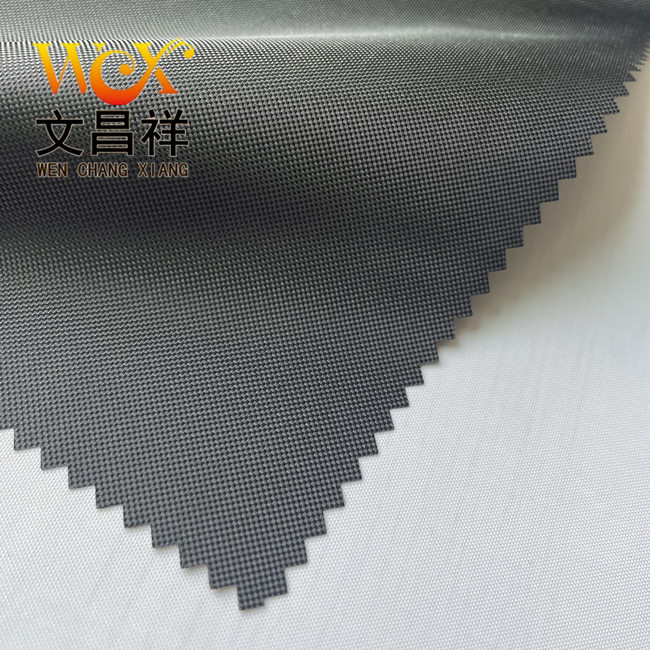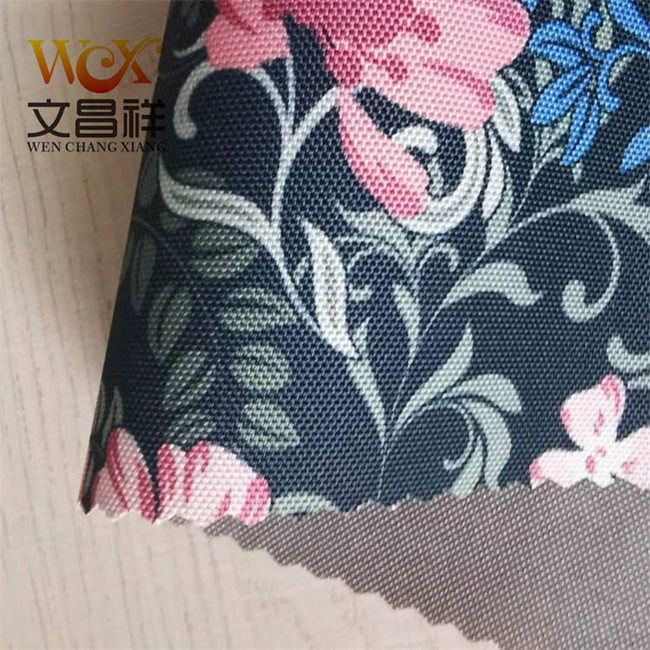420D Oxford cloth printing is a process in which various dyes or pigments are mixed into printing paste and partially applied to the Oxford cloth to obtain various patterns and patterns. It is partial shading. In order to prevent the bleeding of the dye solution and ensure the clarity and fineness of the pattern, it must be printed with color paste. In addition, due to the presence of paste in the color paste, the process of dyeing the fibers with dyes is more complicated than dyeing. Generally, steaming or other color fixing methods are required to promote the dyeing after dye printing; printing Oxford cloth also needs to be fully carried out. Washing and soaping to remove paste or floating color, improve hand feel, bright color and fastness.

420D Oxford cloth has undergone different post-processing, pre-shrinking, shaping, dyeing, waterproofing, PU, PA, urethane coating, PVC calendering, foaming, processing, etc. It has good flexibility, gloss and waterproof properties , strong and durable, not easy to deform, corrosion-resistant, insulating, crisp, easy to wash, quick-drying and durable.

Oxford cloth and environmentally friendly recycled series specifications and classifications: 1680D Oxford cloth, 1200D Oxford cloth, 900D Oxford cloth, 600D Oxford cloth, 420D Oxford cloth, 300D Oxford cloth, 210D Oxford cloth, 150D Oxford cloth, etc.; classified by function : Flame-retardant oxford cloth, waterproof flame-retardant cloth, silver-coated flame-retardant cloth, pu waterproof oxford cloth, PVC oxford cloth, TPE, TPU, anti-UV, camouflage oxford cloth, fluorescent oxford cloth, composite oxford cloth, etc. Please consult customer service for details.
</p







